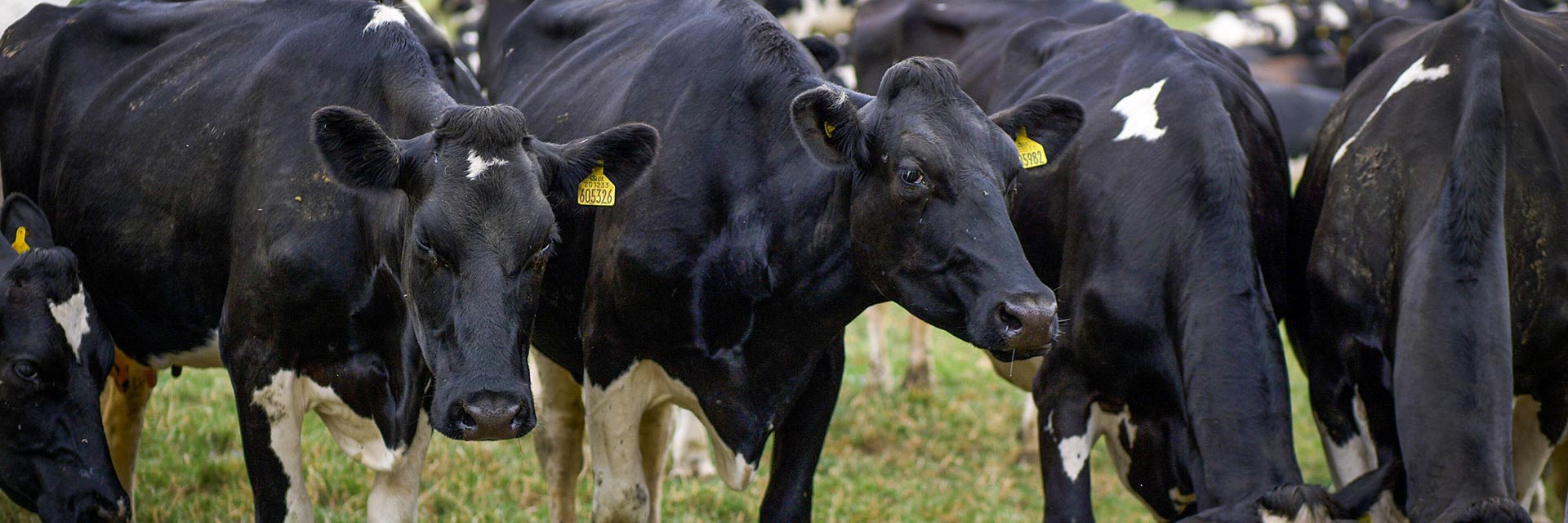FAQs
We’ve done our best to answer your most popular questions
General
These small holes are called inoculation holes, these allow the blue veins to develop in the cheese giving 1912 Stilton® its unique creamy and tangy flavour.
Stilton® has been granted Protected Designation of Origin (PDO) status. This means that to be a true Stilton®, the cheese must be created in Leicestershire, Derbyshire or Nottinghamshire and the milk must be sourced from dairies in these locations.
To be considered a true Stilton®, a cheese must form its own rind. Unlike waxed rinds found in cheeses like Edam, 1912 Stilton® has a naturally formed rind which is edible.
Absolutely! We encourage you to think beyond the traditional cheese board and include 1912 Blue Stilon® in the kitchen. You’ll be glad you did. Check out some of our mouth watering blue Stilton®recipes.
1912 Artisan Stilton® is a cheese like no other. Firstly, you’ll be met with creaminess which gives way to the trademark 1912 Stilon® tang. It’s a true cheese lovers cheese.
No, Stilton® is protected by a certification trademark and protected designation of origin (PDO). It can only be made in three English Counties, Derbyshire, Leicestershire, Nottinghamshire.
You can eat the Stilton crust – it is quite tangy and bitter, but perfectly edible. It’s great for throwing into soups or using for cooking, which means there would be no waste!
For the best taste experience, we recommend consuming our Stilton® within 2 weeks of purchase. Once opened, please eat within 3 days.
Yes, our 1912 Artisan Stilton® is suitable for vegetarians
Yes, our 1912 Artisan Stilton® is made using pasteurised milk.
Our Stilton should be refrigerated once purchased. However, for the fullest taste experience, remove from the fridge approximately 30 minutes before serving to allow to come to room temperature.
Sustainability
Yes, all of our 30 dairy farms are situated within 30 miles of our dairy. This cuts down on unnecessary pollution by driving longer distances and ensures your 1912 blue Stilton® is the best quality.
Yes, our carton is made from recyclable card and can be recycled too. Our easy-open film is also recyclable, if you take it to your store recycling point found at larger supermarkets.
